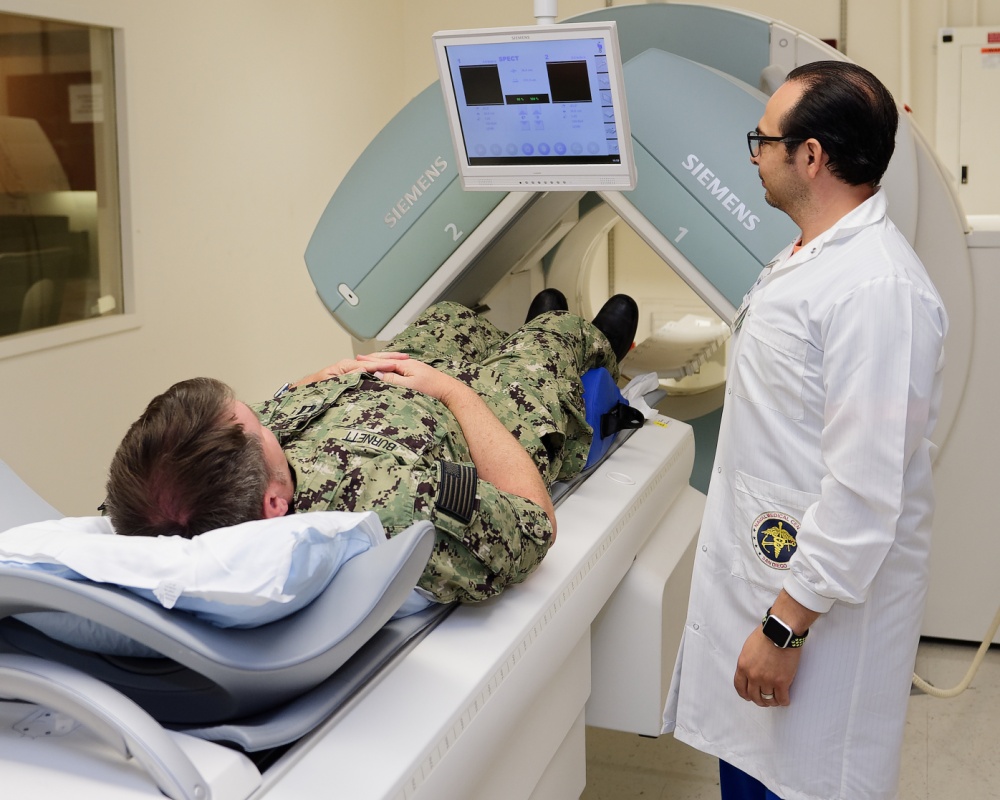11 April 2018
Targeted Radiation Therapy for Cancer
Targeted Radiation Therapy
Prostate cancer is one of the most diagnosed cancers in men and is the second leading cause of cancer death. In 2012, approximately 241,740 men in the United States were diagnosed with prostate cancer with an estimated 28,170 deaths from the disease.
Men with prostate cancer often undergo radiation therapy in the hopes of curing the cancer. Radiation therapy can be as effective as surgery in treating men with early-stage prostate cancer, and can often eradicate more aggressive tumors in the later stages.
Although radiation therapy can eliminate tumors in the prostate, it can also have serious side effects. During the course of typical radiation treatment, the prostate shifts naturally in response to the patient’s internal organ movements. In order to ensure the entire prostate is treated, radiation oncologists compensate for this movement by expanding the targeted area to include some normal tissue around the prostate. The damage of surrounding healthy tissue by radiation therapy can result in potential health consequences for the patient, including bladder problems, fecal incontinence, and sexual dysfunction.
Beginning in 2011, Drs. Dusten Macdonald and Brent Tinnel, Radiation Oncologists at Madigan Army Medical Center, assumed a research study that delivers radiation therapy with real-time target tracking to U.S. service members and retirees with prostate cancer. Through collaboration with a device company, Drs. Macdonald and Tinnel use electromagnetic beacon transponders to track the motion of the prostate during the delivery of radiation therapy. This enables them to stop treatment when the prostate is out of its initial position, reducing the amount of surrounding healthy tissue that must be included in the treatment target. Drs. Macdonald and Tinnel are working to quantify patient quality of life benefits from the use of targeted radiation therapy and are exploring the optimal use of this technology in a variety of clinical settings.
To date, the identified positive effects of targeted radiation therapy include enhanced treatment, potential reduction in the number of daily radiation treatments required, and better overall health outcomes for the patient with reduced negative side effects. The Geneva Foundation is proud to collaborate with Drs. Macdonald and Tinnel in this significant research endeavor, and looks forward to expansions of this innovative program into other disease sites, such as breast cancer, and palliative treatment of metastatic disease.



